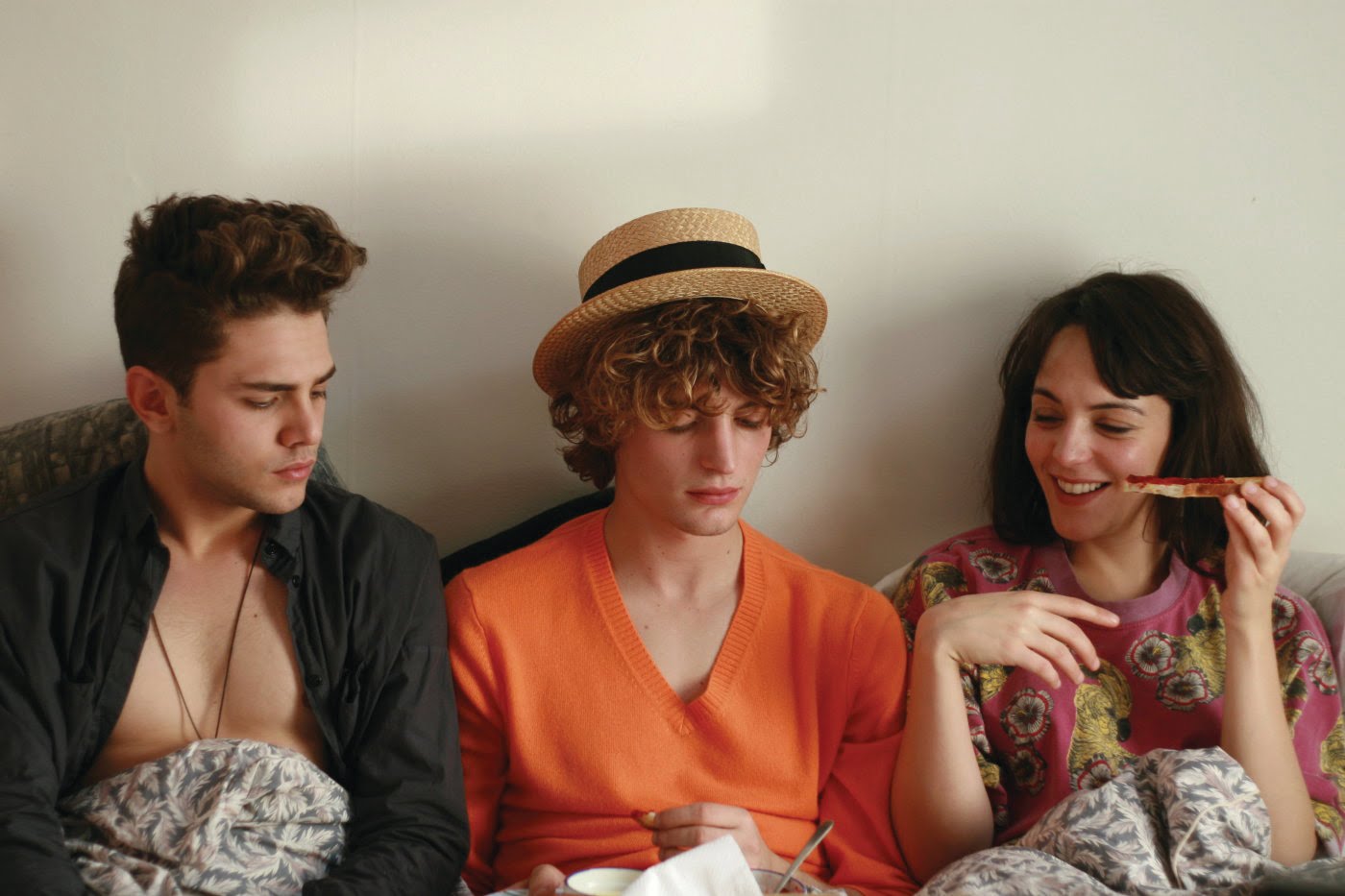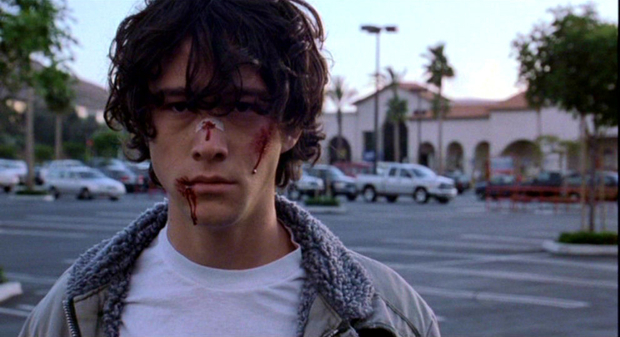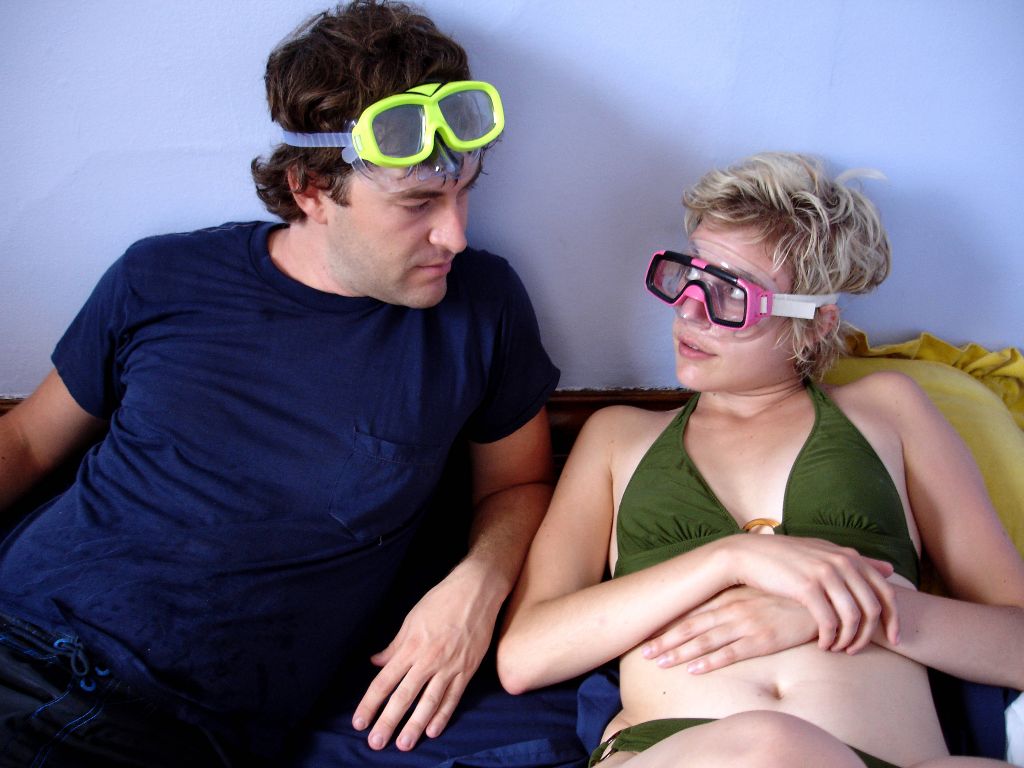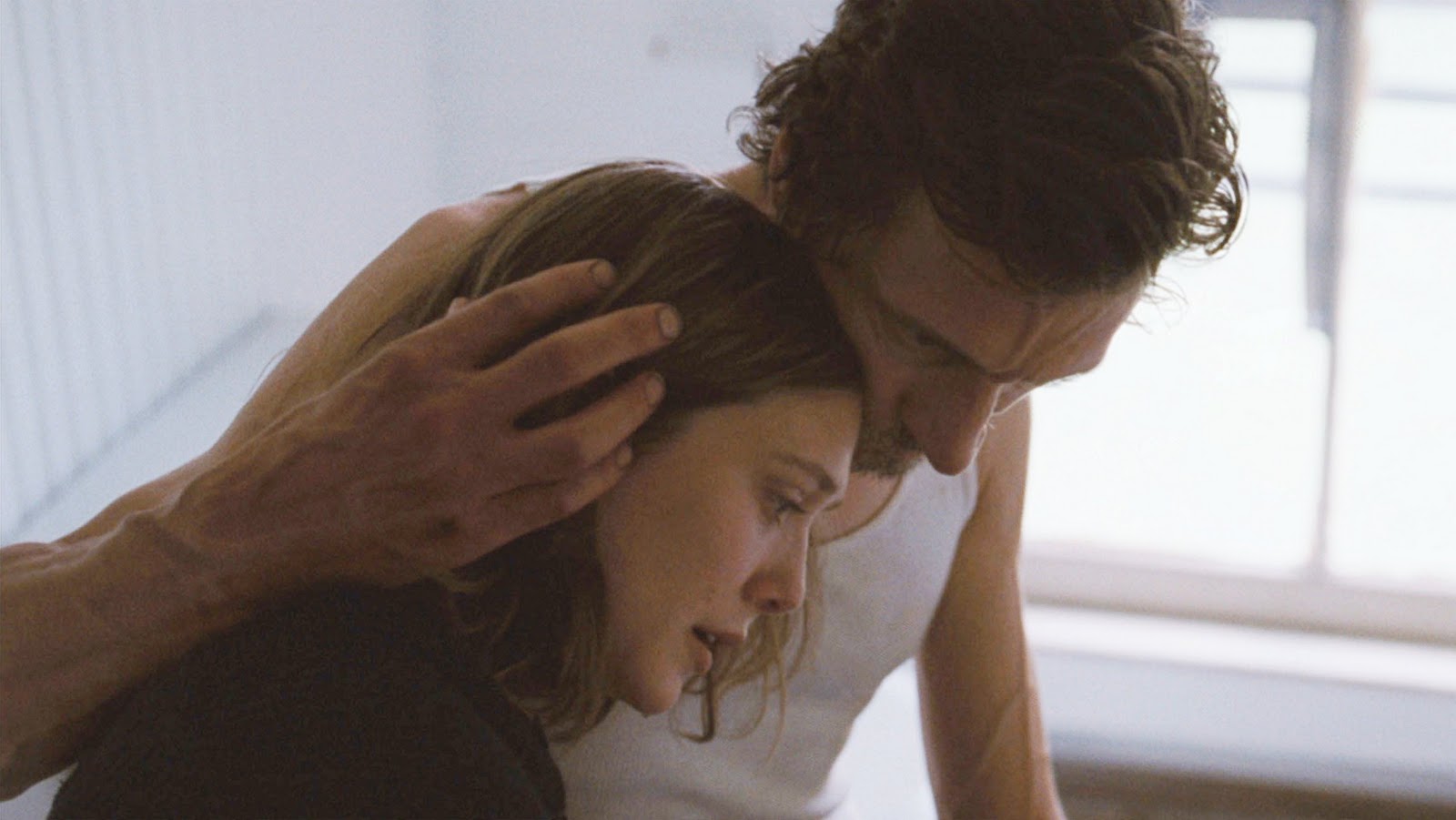
Cinema is obsessed with young people, growing up stories and that almost intangible phase in which you’re neither a child nor an adult. In fact, that’s something that’s been seen as a problem lately, since older actors (and specially actresses) don’t seem to find good roles anymore, since virtually no one is writing about the experiences of older people.
Here’s the thing though: more often than not, films portraying adolescent and post-adolescent characters are written, directed and even often played, by people who are no longer on the younger side.
This has led to fascinating explorations of youth, for sure, but there’s something refreshing and interesting about seeing a film that explore young-centric stories being made by young filmmakers. N
ot only does it provide a way in for those auteurs, but it brings by a deeper understanding of the characters and a richer metaphorical exploration of how it feels to be that age and see the world through those kinds of eyes. They’re often heartbreaking films that capture the magic and tragedy of growing up, because they’re made with on-the-spot observation and are close to their filmmaker’s heart.
In short, they’re worth watching. And while diehard cinephiles might note that some of these directors are not exactly teenager-young, they’re still a lot younger than the average Hollywood director – they’re all between the ages of 20 and 35.
10. Brick (Rian Johnson, 2005)

Brick is more a gamble than a film. It was Rian Johnson’s directorial debut, and it clashed two ideas/settings that absolutely were not supposed to work together: hardboiled 1940s film noir, and clichéd high-school dramedy.
With teens that talk like Humphrey Bogart would in one of his movies and one marvel of a performance by Joseph Gordon-Levitt, Johnson makes the balancing act work in a way that transcend the limitations of both genres he tackles, and still manage to find its way into the hearts of its characters, their fundamental faithfulness to real-world youth even if they sound like a Hollywood gangster.
9. Hannah Takes the Stairs (Joe Swanberg, 2007)

Writer/director/actor Joe Swanberg is tremendously prolific – he made around 17 feature films in 11 year career since 2005’s Kissing on the Mouth. Only a few of them are really outstanding, though, and Hannah Takes the Stairs is one of them.
One of the foundations of the mumblecore subgenre, the film’s is a highly experimental affair, eschewing most traditional dramatic narrative concepts for a very loose structure in which the tension in Hannah’s relationship with her co-workers serve only as a purpose for watching the whole affair.
What counts is the honest, improvised dialogue, the subtle and precious moments of intimacy we witness, the spectacular performances that capture the particular way of life the slacker twentysomethings that often appear on Swanberg’s work carry their lives.
8. Martha Marcy May Marlene (Sean Durkin, 2011)

This horror thriller marked feature-film debuts for writer/director Durkin and actress Elizabeth Olsen, though you probably can’t tell, since both their works are so assured, complex and fascinating.
Durkin builds a very strange film around Olsen’s pitch-perfect performance, an unsettling story that places us inside the mind of a damaged heroine whose tragedy is largely brought upon by herself. It’s a suffocating affair, with a terrifying final scene, that unveils a twisted view of the world only perceived by those young enough to not be numb to everything that’s wrong with it.
A film with big social and political value, since it depicts a not-uncommon story that’s been replicated countless times in reality, Martha Marcy May Marlene is hard to shake – energetic, inquisitive and disturbing.
7. Eden (Mia Hansen-Love, 2014)

Eden is French auteur Mia Hansen-Love’s fourth film, and also her best. As she zeroes in on a group of young people in the underground scene of early nineties Paris, playing electronic music for a living, the writer/director makes her film a fable about growing up and being let down by everything: the world, your ideals, your heroes, your friends, your family and yourself.
Is it pessimistic? The way that Hansen-Love’s does it, it isn’t really – it’s a reverse-success story that analyses the maladies and the gifts of time through the perspective of an author who’s recently been through that particular wringer. With naturalistic performances and an impeccable sense of rhythm, this talented Parisian wonder kid makes a film that’s definitive and open, common and extraordinary, all at the same time.
6. Heartbeats (Xavier Dolan, 2010)

French-Canadian enfant terrible extraordinaire second feature film after his titillating debut with I Killed My Mother, Heartbeats has been lauded as a campy, funny, fluffy affair with not much substance, but the artfulness and handsomeness of the compositions are misleading, since this is a film with spectacularly accurate understanding of the current generation’s detachment and “emptiness”, but also the ability to find the streak of soulfulness hiding inside it.
There are moments of true emotional beauty to it, of the heartrending and barely bearable kind, and Dolan has on hand a cast that’s not only exceptionally beautiful, but also very talented, including himself, Niels Schneider and Monia Chokri.
Be it lost in the beauty of Schneider’s blonde curls or delving deep into the profound anguish and yearning that exist within the central threesome, Heartbeats is quite an astonishing feat.